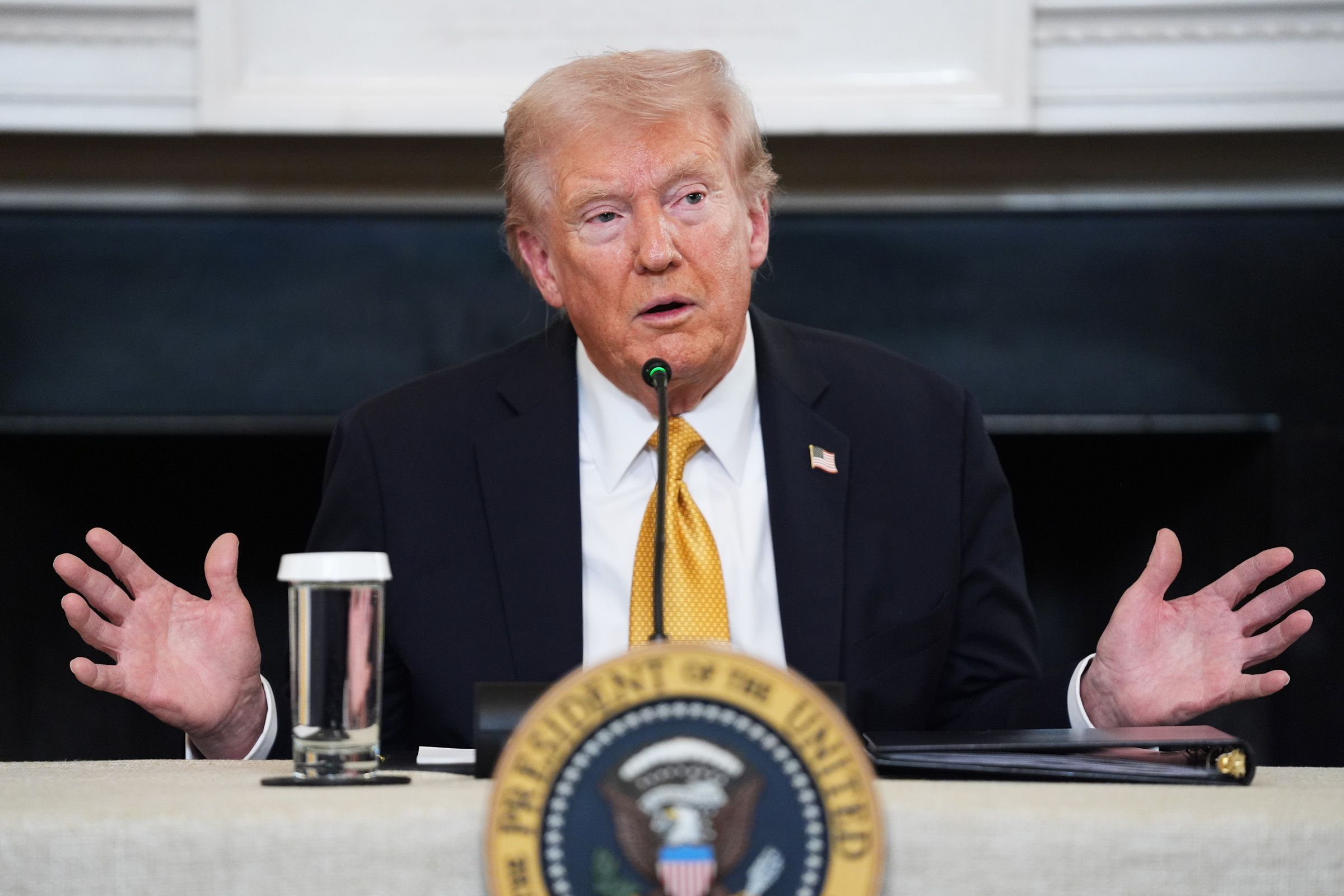In a sudden and dramatic move, U.S. President Donald Trump has announced that he is ending all trade negotiations with Canada. The decision follows a dispute over an Ontario government advertisement that used edited clips of former President Ronald Reagan. Trump called the ad “fraudulent” and said it was designed to influence U.S. courts and public opinion. His announcement effectively halts months of discussions that aimed to strengthen cross-border trade ahead of the 2026 USMCA review.
Context: A Troubled Trade Relationship
The trade relationship between the U.S. and Canada has been tense throughout 2025. Earlier this year, Washington imposed new tariffs on Canadian exports, including steel, aluminium, and automobiles. U.S. officials claimed these tariffs were necessary to protect national security and address cross-border smuggling and trade imbalances.
In response, Canada launched retaliatory tariffs on selected U.S. products and began exploring new trade opportunities outside North America. Despite these tensions, both sides had continued negotiations to modernize the United States–Mexico–Canada Agreement (USMCA).
Until this week, optimism remained that a compromise could be reached. Canadian Prime Minister Mark Carney even met President Trump earlier in October and received what appeared to be a positive response. However, no formal agreement was reached, and the relationship has since taken a sharp downturn.

Key Developments: The Advertisement That Triggered the Breakdown
The Controversial Ad
The immediate spark behind the fallout was an advertisement produced by the Province of Ontario. The campaign, estimated to cost around 75 million Canadian dollars, featured edited audio and video of Ronald Reagan delivering a speech on trade from 1987. The ad criticized U.S. tariffs and presented Canada as a fair and reliable trading partner.
Ontario Premier Doug Ford defended the ad, saying it was intended to “speak directly to the American people about the importance of fair trade.” However, the ad’s use of altered Reagan footage quickly drew criticism from U.S. officials and the Ronald Reagan Presidential Foundation.
Trump’s Response
President Trump reacted swiftly and forcefully. Posting on his social media platform, he wrote:
“The Ronald Reagan Foundation has just announced that Canada has fraudulently used an advertisement, which is FAKE. Based on their egregious behavior, ALL TRADE NEGOTIATIONS WITH CANADA ARE HEREBY TERMINATED.”
Trump accused Canada of using the ad as part of a broader campaign to sway U.S. courts in cases challenging his authority to impose tariffs. The statement marked a clear and definitive end to ongoing talks.
Reaction from the Reagan Foundation
The Ronald Reagan Presidential Foundation and Institute issued a statement condemning the ad, saying it misrepresented Reagan’s original message and that Ontario had not sought permission to alter the footage. The Foundation said it was reviewing possible legal options against the use of Reagan’s likeness.
Immediate Implications
- The Trump administration has formally halted all trade discussions with Canada.
- No official response has been issued by the Canadian federal government.
- The breakdown could result in higher tariffs and further strain between two of the world’s closest trading partners.
- The move complicates efforts to renegotiate key provisions of the USMCA before its scheduled review next year.
Expert Insight and Analysis
Trade experts suggest that this episode underscores several deeper challenges in the U.S.–Canada economic relationship.
1. Tariffs as leverage: President Trump has frequently used tariffs as a political and strategic tool, not just an economic one. The end of negotiations shows how quickly trade talks can collapse under political pressure.
2. Symbolism matters: What may appear as a simple communications issue — an ad campaign — has spiraled into a diplomatic incident with economic consequences.
3. Vulnerability for Canada: With nearly 75 percent of its exports going to the United States, Canada remains heavily dependent on American markets. A full collapse in trade talks could have significant economic effects, especially in manufacturing and raw materials.
4. USMCA uncertainty: The breakdown happens just months before formal discussions on revising the USMCA. Without cooperation, both nations could face trade instability heading into 2026.
5. Global signal: Other countries may interpret the U.S. action as a sign that its trade policies remain unpredictable, affecting international confidence and investment.
Impact: What This Means Going Forward
The end of trade negotiations with Canada has far-reaching consequences for businesses, workers, and consumers on both sides of the border.
For Canadian exporters:
Without active negotiations, tariffs may stay in place or even increase. Industries such as steel, aluminium, and automotive manufacturing could face reduced competitiveness and potential job losses.
For U.S. businesses and consumers:
The disruption in Canada-U.S. trade could raise prices for imported goods, particularly in construction, automobiles, and food products that rely on Canadian inputs.
For diplomacy and strategy:
The decision adds strain to a bilateral relationship that has historically been one of the strongest in the world. With this sudden break, cooperation on issues like energy, climate, and security could become more difficult.
For future trade policy:
Analysts warn that this incident sets a precedent where even symbolic disagreements can derail economic diplomacy. Canada may now accelerate efforts to diversify trade with Europe and Asia, while the U.S. could pursue unilateral trade measures under executive authority.
Conclusion: A Major Setback in North American Trade
President Trump’s decision to terminate all trade negotiations with Canada marks a new low in the long-standing economic relationship between the two allies. What started as a dispute over tariffs has now evolved into a diplomatic standoff fueled by politics and symbolism.
As of now, the “trade negotiations with Canada” are officially suspended, with no clear path back to the table. Businesses in both nations face uncertainty, and the upcoming USMCA review looks increasingly complicated.
While some observers believe tensions may ease after the U.S. election cycle, others warn that this could signal a more protectionist phase in American trade policy. For Canada, the focus will likely shift to finding alternative markets and reducing dependency on U.S. trade.
The future of North American trade remains unclear — but what’s certain is that the latest dispute has made cooperation far more difficult.









